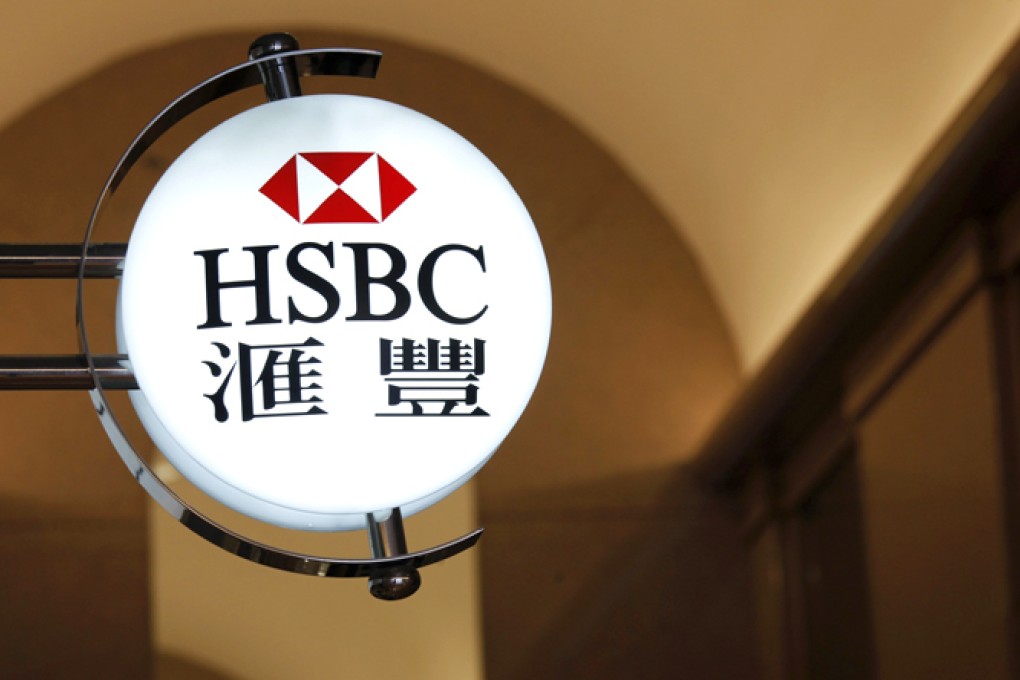Lai See | HSBC finally gives customers new ATM card after UnionPay debacle
The wait is over for HSBC's long-suffering customers who have been unable to withdraw cash in many countries, particularly outside Asia. We understand the bank will today announce that customers can apply for a new ATM card which uses the Plus payment network, which can be used in addition to the bank's current ATM cards, which use the China UnionPay payment system.

The wait is over for HSBC's long-suffering customers who have been unable to withdraw cash in many countries, particularly outside Asia. We understand the bank will today announce that customers can apply for a new ATM card which uses the Plus payment network, which can be used in addition to the bank's current ATM cards, which use the China UnionPay payment system. The arrival of the new card, will, hopefully, bring to an end what has been a hugely embarrassing saga for HSBC.
Lai See received numerous complaints from HSBC customers who, on arriving in foreign lands, found they were unable to use their ATM cards to withdraw funds from their accounts. Although the China UnionPay card works in China and in most other parts of Asia, it is virtually useless outside the region. Readers reported that in Europe even ATMs displaying the China UnionPay logo did not work.
Previously, HSBC's ATM cards used metallic strips that enabled customers to withdraw cash overseas at machines that accessed either the China UnionPay or Plus payment networks. But last year, in what was said to be an effort to boost security, the Hong Kong Monetary Authority ordered banks issuing ATM cards in Hong Kong to adopt chip-based cards. These cards use only one global payment network, and HSBC chose to adopt China UnionPay. It is expected to take at least six working days for customers to receive their new card. They will be able to access their current and savings accounts when using it in Hong Kong and at HSBC's ATMs overseas. But the ATMs of other banks will not necessarily give customers access to both of their accounts. So, where an ATM only allows the customer access to one account, funds will be withdrawn from the current account.
In recent weeks we have discussed some aspects of the global warming debate in an effort to draw attention to some of the more alarmist claims of the United Nation's intergovernmental panel on climate change. For our pains, we have been rewarded with unkind comments in a letter in today's Letters to the Editor section. It criticises us for "ill-informed scepticism about climate science … that recycled a mix of cherry-picked, decontextualised science, misinterpretation and contrarian error, much from other journalists who believe they alone have identified fatal flaws in this complex area somehow overlooked by 95 per cent of climate scientists worldwide". The correspondent, Richard Fielding, adds: "Do people honestly believe that all these thousands of scientists worldwide are so utterly, completely wrong, and are making this stuff up for publicity or just to scare politicians in to spending money? Really? If this reflects how our opinion leaders evaluate the world then serious questions must be raised both about their espoused acumen and their mental health." Harsh words presented with the usual breezy condescension that is directed to anyone who deviates from the cause.

